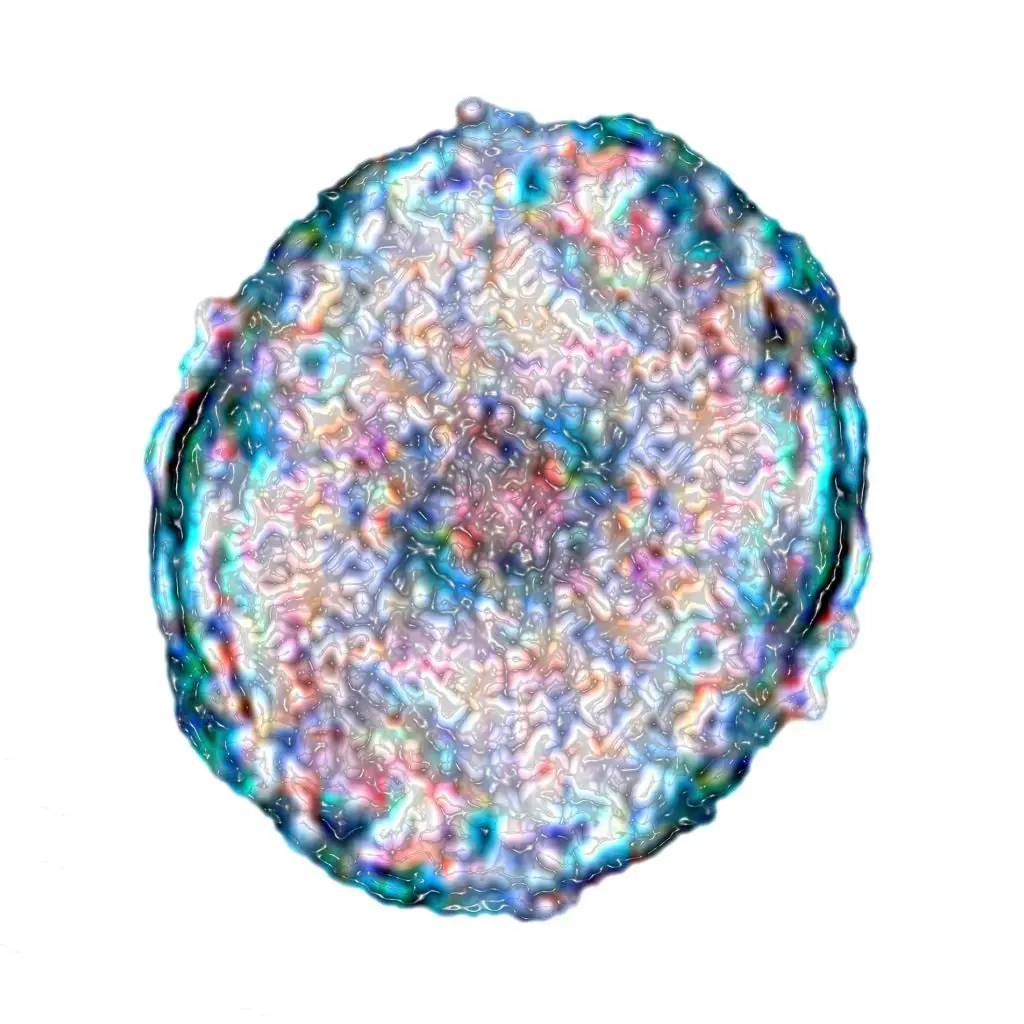Other Treatment Methods
- Adrenal hyperplasia
- Gestational diabetes
- Growth disorders in children
- Hashimoto's thyroiditis
- Hormone deficiency
- Hormone-producing tumors
- Hyperthyroidism
- Hypofunction of the adrenal cortex
- Hypothyroidism
- MODY (Maturity Onset Diabetes of the Young)
- Obesity
- Osteoporosis
- Overactivity of the adrenal cortex
- Sex hormones
- Type 1 diabetes
- Type 2 diabetes

© Unsplash
MODY (Maturity Onset Diabetes of the Young)
MODY (Maturity Onset Diabetes of the Young) is a rare genetic form of diabetes mellitus, which typically occurs in adolescence or young adulthood but has characteristics of type 2 diabetes . Unlike type 1 diabetes , MODY is not autoimmune, and unlike type 2 diabetes, it is not associated with obesity or insulin resistance. The cause lies in mutations of certain genes involved in the regulation of insulin production in the beta cells of the pancreas.
The symptoms of MODY are often mild and develop gradually. Many affected individuals are asymptomatic for long periods and are only diagnosed due to elevated blood sugar levels during routine examinations. However, in certain forms of MODY, typical diabetes symptoms such as increased thirst, frequent urination, or weight loss may occur.
Diagnosis of MODY (Maturity Onset Diabetes of the Young)
The diagnosis of MODY is often overlooked or mistaken for type 1 or type 2 diabetes. An indication may be the early age of onset combined with a positive family history over several generations. Antibody tests and a measurement to assess the body's own insulin production serve to differentiate. The definitive diagnosis is made through genetic analysis that identifies the underlying gene mutation.
Treatment of MODY (Maturity Onset Diabetes of the Young)
The treatment depends on the respective MODY subtype. Since MODY is inherited, family members should also receive genetic counseling and be tested if necessary. A correct diagnosis is crucial not only for therapy, but also to avoid unnecessary treatments and to assess the course of the disease.








